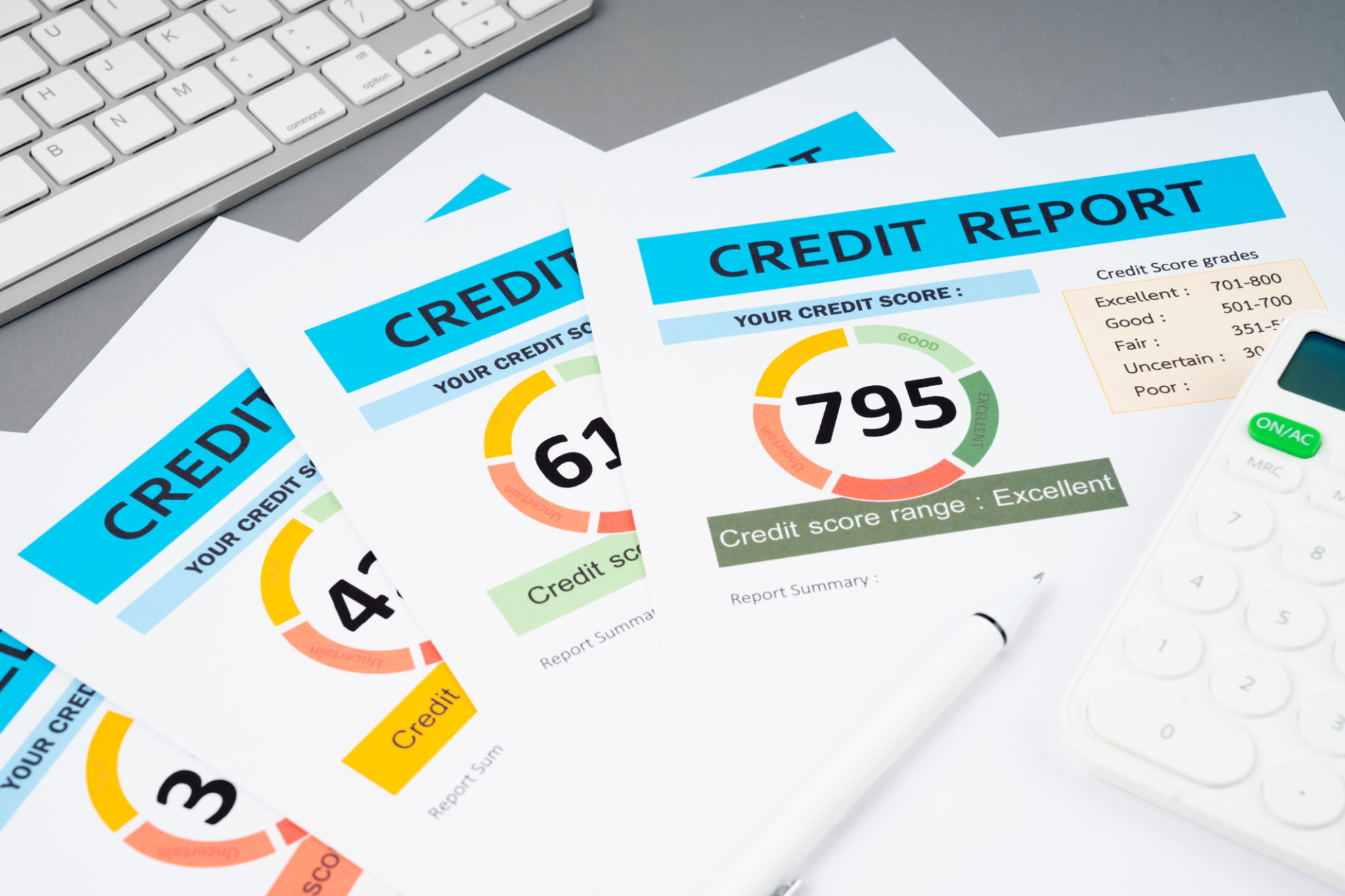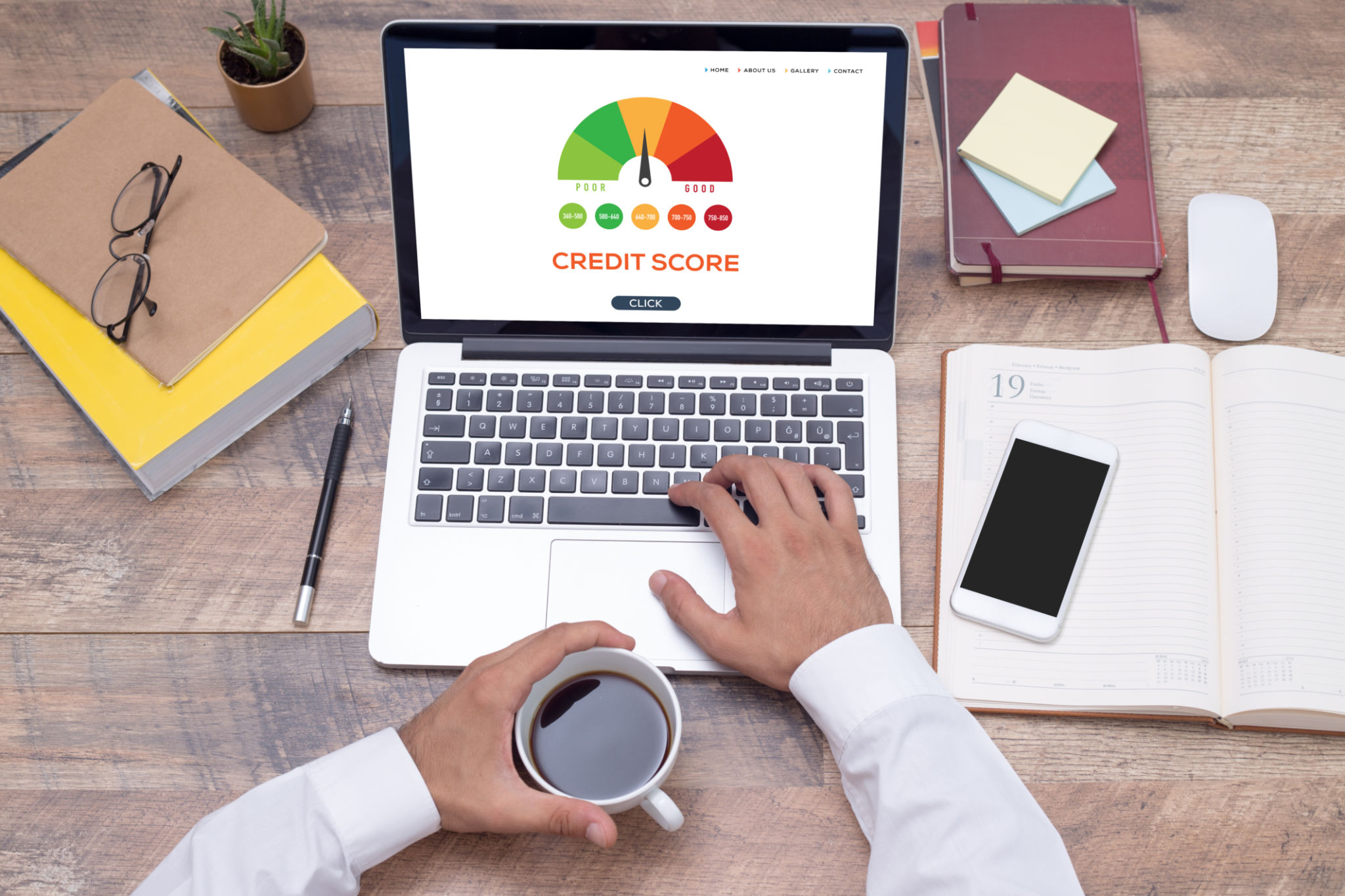Top Tips for First-Time Car Buyers with Bad Credit
Understanding Your Credit Score
Buying your first car is an exciting milestone, but it can be daunting if you have bad credit. Before diving into the buying process, it's crucial to understand your credit score. Your credit score is a numerical representation of your creditworthiness, and it can significantly impact your loan approval and interest rates.
Check your credit report for any errors or outdated information. Correcting these issues can potentially improve your score and make you a more attractive candidate for a car loan. Remember, knowledge is power, and understanding your financial situation is the first step to making informed decisions.

Exploring Financing Options
When you have bad credit, traditional financing options might seem out of reach. However, there are still several avenues to explore. Consider looking into subprime auto loans, which are specifically designed for individuals with low credit scores. While these loans often come with higher interest rates, they provide an opportunity for those who need it.
An alternative is to approach credit unions or smaller local banks. They might offer more personalized services and flexible terms compared to larger financial institutions. It's essential to shop around and compare offers to find the best deal for your situation.

Saving for a Down Payment
One of the most effective ways to secure a better loan deal is by saving for a significant down payment. A larger down payment not only reduces the amount you need to finance but also shows lenders that you are serious and financially responsible. Aim for at least 20% of the car's purchase price if possible.
If saving such an amount seems challenging, consider cutting unnecessary expenses or finding additional sources of income. Every little bit helps, and having a solid down payment can make a substantial difference in the long run.
Choosing the Right Vehicle
When buying a car with bad credit, it might be tempting to go for the cheapest option. However, it's important to consider factors like reliability, fuel efficiency, and maintenance costs. A vehicle that demands frequent repairs or has poor fuel economy can become a financial burden.

Research the makes and models that fit your budget while also meeting your needs. Look for used cars that have a reputation for longevity and low maintenance costs. Certified pre-owned vehicles are often a good choice as they come with warranties and have undergone rigorous inspections.
Negotiating Like a Pro
Once you've found the right vehicle, it's time to negotiate. Be prepared by researching the car's market value and having a maximum price in mind that you are willing to pay. Don't be afraid to walk away if the deal doesn't meet your criteria.
Remember, everything is negotiable, from the price of the car to additional fees and interest rates. Having pre-approved financing can give you leverage during negotiations, as you already know what you can afford and are less reliant on dealer financing options.
Building Your Credit for Future Purchases
Purchasing a car with bad credit can be an opportunity to rebuild your credit score. Make timely payments on your car loan to demonstrate reliability and improve your credit over time. This can open doors to better financing options for future purchases.

Regularly monitor your credit report to track your progress and ensure there are no discrepancies. As your credit improves, consider refinancing your car loan to secure better interest rates. This strategy not only saves money but also sets you up for financial success in the future.
